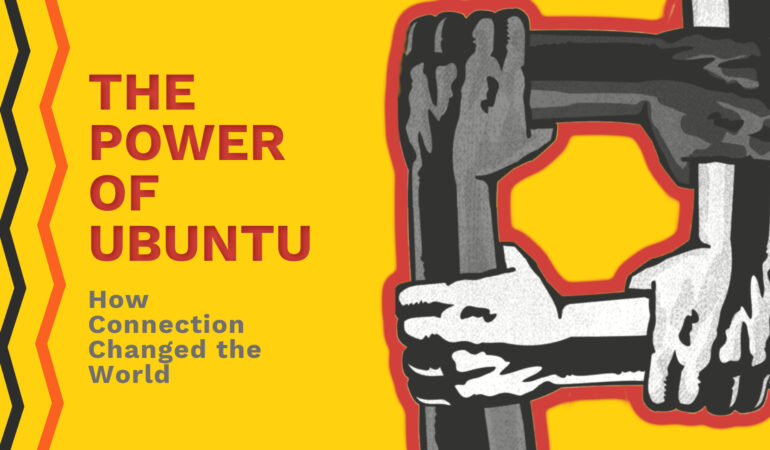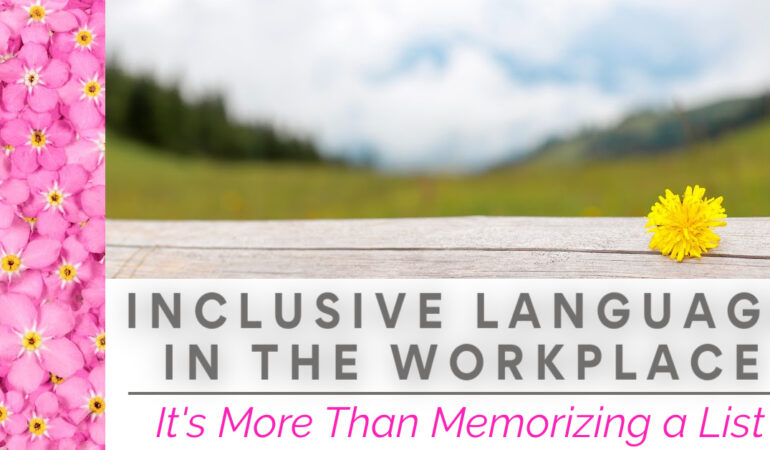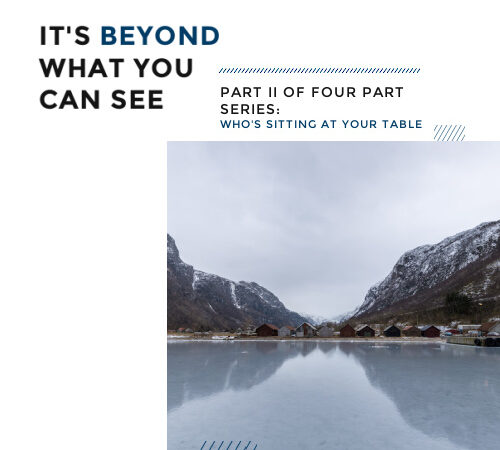Interdependence Part 2: The Power of Ubuntu: How Connection Can Change the World | A Workplace Blog
By: Destyn Land
In American culture, we are often commended for our independence and ability to conquer tasks on our own. Our society values individualism, emphasizing personal freedom of speech, thought, and expression. While these ideals hold great power, it is equally vital to recognize the beauty that comes from embracing interdependence and the reciprocal nature of receiving help. However, this notion of interdependence can sometimes be overshadowed by our inherently individualistic mindset in the Western world. We must not consider this mindset as inherently negative, but rather as a different way of perceiving the world.
This is where the philosophy of Ubuntu comes into play. Originating from the Bantu people and the Nguni language of South Africa, Ubuntu embodies a set of values including caring, harmony, responsibility, compassion, reciprocity, connection, and continuity. Translated to “Humanity,” Ubuntu encapsulates the understanding that “I am because we are.” It entails looking beyond ourselves and acknowledging the connections between our lives and the lives of others.
Ubuntu challenges us to recognize that societal issues impact us all, of course in varying degrees. It teaches us to move beyond sympathy and into empathy, prompting us to take action. As the renowned Dr. Cornel West once paraphrased, empathy is not merely imagining someone else’s experiences but rather summoning the courage and will to do something about it. When we internalize the belief that “I am because we are,” we refuse to remain silent about the stories of marginalized individuals and the injustices they face. We reject the notion that we can continue with “business as usual” after encountering stories of inequality and injustice.
Ubuntu urges us to seek unity and communal well-being within our humanity. It declares that my well-being is intricately tied to yours; I cannot be truly fulfilled if you are not. Truly none of us can be free until we all are free.
Here are some transformative steps to infuse the spirit of Ubuntu into your workplace:
Make Room for Genuine Connection:
Embracing Ubuntu necessitates moving beyond a focus solely on individual circumstances. Teams should foster curiosity about the needs of people within their organization and the communities they serve. This culture of storytelling enables employees to become deeply moved by the stories of those around them. Let us challenge the notion that meeting success is solely determined by productivity, and instead evaluate success based on how connected individuals feel to their team. There is room for both productivity and team-building; we need to make room for it.
Amplify Recognition and Appreciation:
A primary reason people leave fulfilling jobs is the lack of recognition and appreciation. While we may not seek validation solely for our work, we should never underestimate the impact of recognition. One of the most powerful gifts we can give our colleagues is truly “seeing” them, through acknowledging their strengths, talents, and capabilities. I can still vividly recall the life-altering moment when I felt genuinely “seen” at work. When we publicly recognize and appreciate individuals, we affirm their authenticity and encourage them to embrace their unique gifts.
In the continuous journey towards justice and equity, my professional chapter has taken a new turn, leading me down a path to explore the intricate relationships between equity and health in a Minneapolis hospital. I may have left my previous role, but in essence, I am simply continuing the work of creating a world where all individuals can experience freedom, wellness, and wholeness within a different industry.
Reflecting on my time with IPD (Institute for Professional Development), the concept of Ubuntu consistently resurfaces: “I am, because we are.” The essence of who I am today, as well as the nature of my work, has been profoundly influenced by the connections and contributions of this department. It is essential to recognize that this influence goes both ways. The Institute for Professional Development is not what it is solely because I was here; rather, every individual on our team adds value to the space. Each encounter with another human in our workplace and life leaves an indelible mark on us. Whether those interactions were positive or challenging, they reveal something about us and the world we inhabit.
To Beth, Metro State University, the remarkable clients we have partnered with, and every participant in the training I have had the honor of facilitating, I want to express my heartfelt gratitude. I am undeniably who I am because we are.
By embracing the spirit of Ubuntu, our workplaces can be transformed into harmonious environments brimming with connection. Recognizing our interconnectedness as humans fosters understanding, empathy, and unwavering support for one another. Ubuntu teaches us that true prosperity is unattainable if any member of our community is suffering. Let us strive to build workplaces where Ubuntu becomes more than just a statement; it becomes the guiding framework that shapes our actions and interactions. Together, we have the power to create lasting change not only within our workplaces but in the world at large.
Until our paths cross again on this lifelong pursuit of justice, I wish you well.





